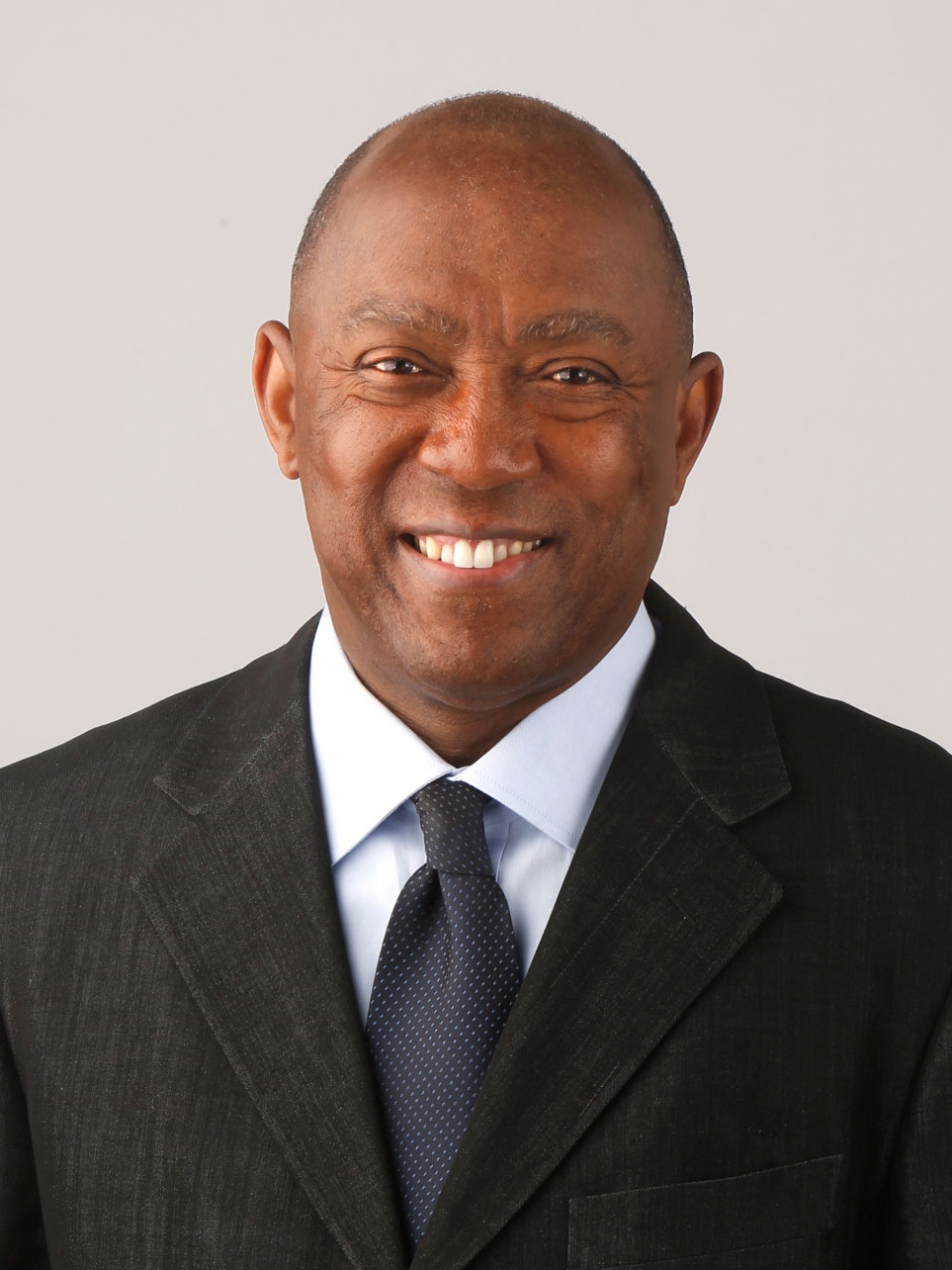Everyone agrees that Sylvester Turner will be one of the candidates to make it to the runoff for Mayor this year. But what happens then?
Yet, to succeed term-limited Mayor Annise Parker, Turner, an African-American, will need to broaden his coalition beyond black voters – a challenge in a city where voting patterns often fall along racial lines.
“Since we don’t have party ID on the ballot, race is usually the No. 1 factor in predicting voter division patterns,” University of Houston political scientist Richard Murray said. “Campaigns exaggerate this natural inclination, because they hunt where the ducks are.”
Turner’s campaign says it is not conceding any vote.
“I’m not running a race-based campaign,” Turner said, pointing to his support from groups including the city’s three employee unions, the Houston GLBT political caucus, the Latino Labor Leadership Council and others.
[…]
From 1997 through 2009, black candidates running citywide in biracial elections earned an average of 89 percent of the vote in predominantly black precincts, 37 percent in predominantly white precincts and 32 percent in predominantly Hispanic precincts, according to a 2011 Texas Southern University study.
Those results suggest it is unlikely Turner or former City Attorney Ben Hall, who also is black, will receive significant general election support outside of the African-American community, said TSU political scientist Michael Adams, one of the study’s authors.
“Even with the extensive endorsed support Turner has received, the historical analysis of citywide races indicates that even for a candidate as well known as Turner, his prospects are dim outside the African-American community for this round,” Adams wrote in an email.
Turner thus faces the challenge of luring white and Hispanic progressives while solidifying his base. To safely advance to the runoff, he needs the support of more than 70 percent of black voters, Murray said.
Recent polls indicate Turner’s chances of pulling that off are good. Three surveys released in the last week show Turner either alone at the front of the pack or tied for the lead with former Harris County Sheriff Adrian Garcia.
[…]
“African-American candidates must be able to create broad multi-ethnic coalitions; in particular they must be able to structure the race in partisan terms to be successful,” Adams said, pointing to the 1991, 1997, 2001 and 2009 races, in which African-American mayoral candidates qualified for the runoff.
In 1997 and 2001, when the races were effectively partisan, with a black Democrat running against a white Republican, the black candidate won. Otherwise, the white Democrat prevailed.
I’m not sure about including the 2001 race in this set, since the Republican in question was Orlando Sanchez, and there was quite a bit of chatter about how he could become the first Latino Mayor of Houston. It’s true that he drew the lion’s share of the Anglo vote in that race, but it still feels weird grouping him in there.
I can’t find that 2011 study, so I can’t comment on it. I just want to point out that right now, Sylvester Turner and Ben Hall have at least some amount of support in the general election from outside the African-American community. The polling data that we have tells us this:
Poll Turner Hall Black Turner% Hall%
================================================
HAR 19 6 20 95% 30%
HRBC 24 8 22 109% 36%
KHOU 19 4 21 90% 19%
“Black” is the African-American share of the polling sample. “Turner%” and “Hall%” are each candidate’s share of the black vote. In all three cases, that total is greater than the black share of the electorate – from 109% of it to 145% of it – ergo, at least some of their support comes from outside that share. That doesn’t contradict the thesis that they won’t get a significant share of the non-black vote, but depending on how much of the black vote is going to Hall, it does suggest that a significant share of Turner’s support is coming from non-black voters. None of these polls break the data down that far, so we can only guess.
As for how things may shake out in a runoff, it really depends on who the other candidate is. Bill King and Steve Costello are the Republicans in this race, but King is running a Republican campaign and drawing mostly Republican support, while Costello (who supports HERO) is running a more non-partisan campaign and has picked up some support from traditionally Democratic groups. Chris Bell is the Anglo Dem, but with his lesser financial position and Turner’s dominance of the endorsement process, he would seem to be an underdog. And of course, Adrian Garcia is a wild card, being neither Anglo nor Republican. I don’t know how a Turner/Garcia runoff would play out, but I’d bet it would differ greatly from the Lee Brown/Orlando Sanchez matchup of 2001.


Today at city hall mike kubosh,co brad Bradford and jack Christie continued to embrace right to labor fees by voting against allowing 25 additional taxi permits in Houston, while most us cities are abolishing them co bradbradford and mike Kubosh and jack Christie are embracing them,-now I will teach these 3 a legal lesson on the game of politics.